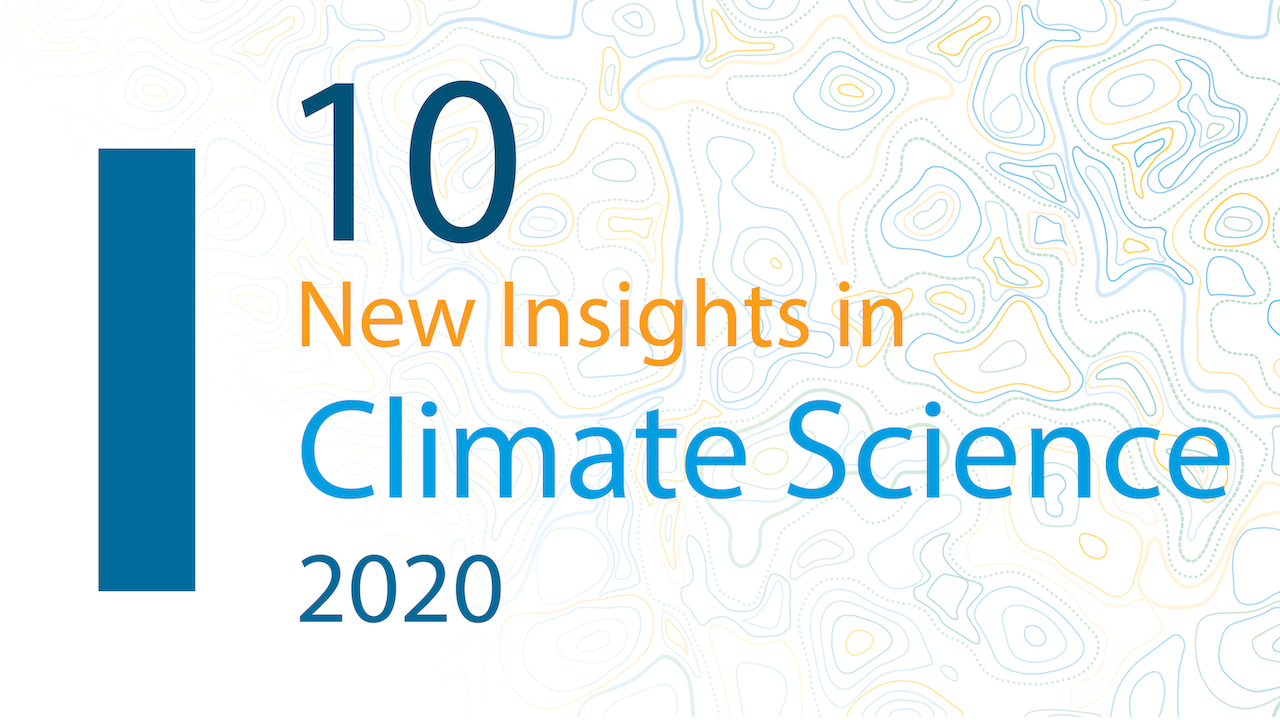
The selected insights reveal the extent of aggressive emission cuts needed to meet the Paris Agreement, and suggest that only by seizing the opportunity for a green recovery from COVID-19 can governments hope to get on a Paris-compatible emissions pathway. The findings are intended to help inform urgent collective action on the ongoing climate crisis.
“The latest insights from climate science underline the urgent need to build sustainable and resilient human societies. Most critically, the report identifies opportunities for action that can be taken now, underpinned by new perspectives on climate change economics, governance and tools for climate litigation.”
Professor Eleanor Fisher, Head of Research, Nordic Africa Institute, and Leader of the Transformations to Sustainability programme’s ‘Gold Matters’ project
The report alleviates some worries that the climate system would be more sensitive to carbon dioxide than previously assumed, which had been raised as results of the latest climate models published from 2019 onwards, but it also excludes the range of low climate sensitivity. This means that scenarios with low CO2 mitigation are highly unlikely to deliver on the Paris Agreement targets. The report also points out a number of growing risk factors, including emissions from permafrost, concerns about weakening carbon uptake in land ecosystems, and climate change impacts on freshwater and mental health.
“This series is a critical part of our mission to get the latest science to decision-makers in an accessible format to help accelerate transitions to sustainability. Worsening wildfires, intensifying storms, and even the ongoing pandemic are all signals that our relationship with nature is deteriorating, with deadly consequences.”
Wendy Broadgate, Future Earth Global Hub Director, Sweden
The report will be presented today to Patricia Espinosa, Executive Secretary of the United Nations Framework Convention on Climate Change (UNFCCC). The 10 New Insights in Climate Science 2020 report was prepared by a consortium of 57 leading researchers from 21 countries. It is part of a series of reports published annually since 2017 as a partnership of Future Earth, the Earth League, and the World Climate Research Programme (WCRP).
“To cope with future climate change, we require detailed knowledge about the functioning of the climate system, and actionable information has to be developed about regional to local climate change and its impacts. This report provides several examples of important progress in both categories.”
Detlef Stammer, Professor at the University of Hamburg and Joint Scientific Committee Chair of the World Climate Research Programme
While the report confirms the continued amplification of key environmental impacts, it also points to opportunities that arise from new insights in climate change economics and governance, and the possibility of using climate litigation.
2021 will be a critical year to act if the world is to achieve the Paris Agreement targets and preserve humanity’s critical climate niche.
We will be following the debate and bringing together expert views from the science and policy communities in our ongoing series on making 2021 a year for real transformation.
The International Science Council is a co-sponsor of Future Earth and the World Climate Research Programme.